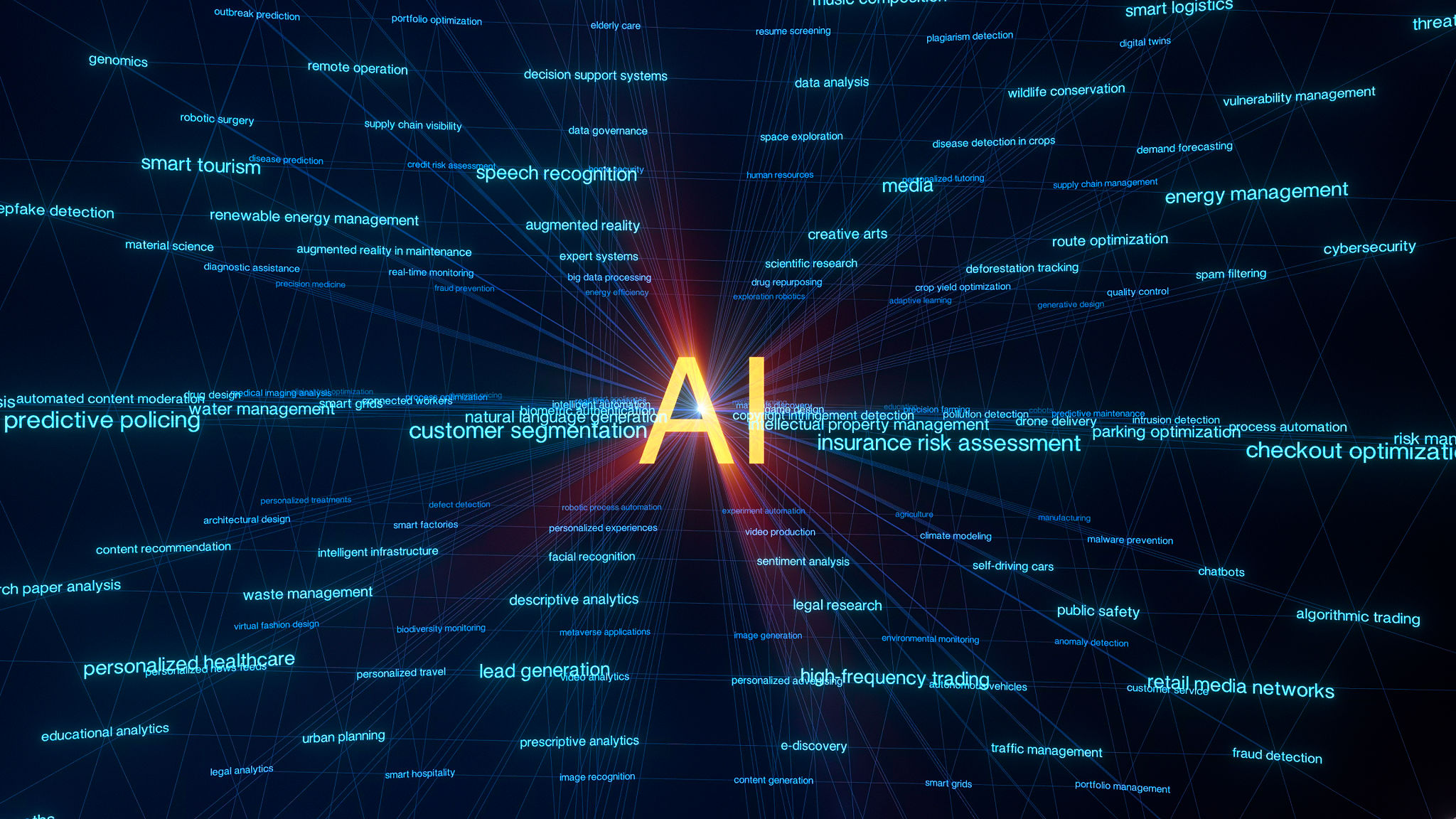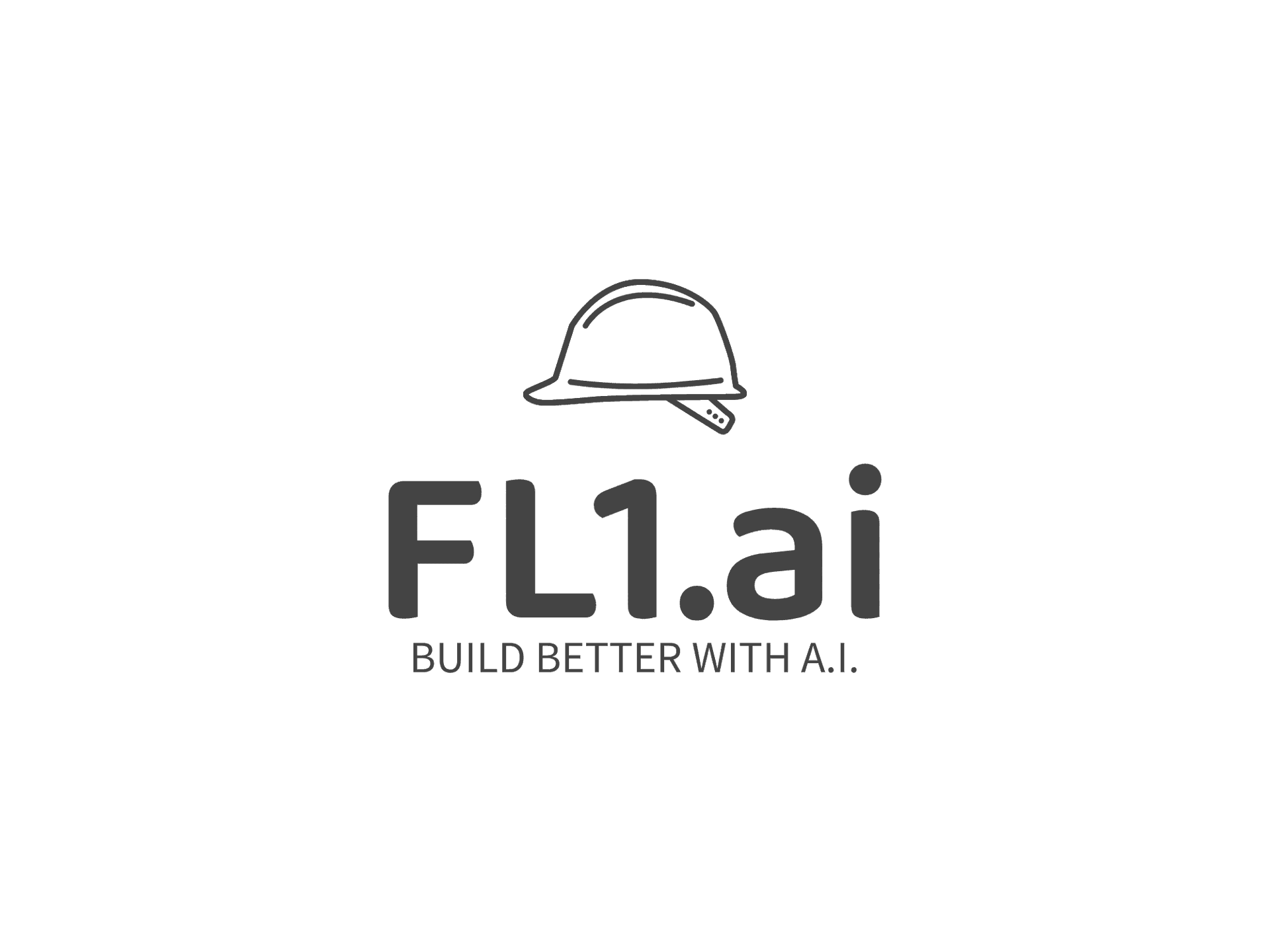The Role of AI in Quality Control for Infrastructure Projects
Introduction to AI in Infrastructure Quality Control
In recent years, the integration of Artificial Intelligence (AI) into various sectors has been transformative, and infrastructure projects are no exception. AI is revolutionizing quality control processes, offering enhanced efficiency, accuracy, and reliability. This technological advancement is crucial as infrastructure projects become increasingly complex and demanding.

The Importance of Quality Control in Infrastructure
Quality control is vital in infrastructure projects to ensure safety, durability, and compliance with regulations. It involves continuous monitoring and evaluation of materials, construction processes, and final outputs. Traditional quality control methods, while effective, can be time-consuming and prone to human error.
AI’s Contribution to Improved Accuracy
AI systems are capable of analyzing vast amounts of data swiftly and accurately. In infrastructure projects, AI can assist in identifying potential defects or irregularities in materials and workmanship. Machine learning algorithms are employed to predict failures before they occur, allowing for proactive measures to be taken.

Enhanced Efficiency Through Automation
Automation is a key advantage of using AI in quality control. Routine inspections and data collection can be automated using drones and robotics, which are equipped with AI technologies. This automation reduces the time required for inspections and minimizes the risk of human error, resulting in more efficient project timelines.
- Drones equipped with cameras and sensors can capture detailed images and data.
- Robotic systems can perform repetitive tasks with high precision.
- AI software analyzes data in real-time for immediate feedback.
Real-Time Monitoring and Data Analysis
AI enables real-time monitoring of infrastructure projects, providing instant insights into the quality and progress of the work. This capability is particularly beneficial for large-scale projects where manual monitoring would be impractical. AI systems can process data from various sources simultaneously, offering a comprehensive view of the project's status.

Predictive Maintenance and Risk Management
One of the most significant contributions of AI to quality control is its predictive capabilities. By analyzing historical data and current project conditions, AI can forecast potential maintenance issues and risks. This predictive maintenance approach helps in extending the lifespan of infrastructure and reducing unexpected repair costs.
- Data-driven insights help identify potential problem areas.
- Maintenance schedules can be optimized based on predictions.
- Resource allocation becomes more efficient with risk management.
Challenges and Considerations
Despite its advantages, integrating AI into quality control poses certain challenges. Issues such as data privacy, the need for significant initial investment, and the requirement for skilled personnel to manage AI systems must be considered. Additionally, ensuring the accuracy and reliability of AI predictions is crucial for successful implementation.
The Future of AI in Infrastructure Quality Control
The role of AI in quality control for infrastructure projects is set to expand further as technology advances. Future developments may include even more sophisticated algorithms, improved integration with IoT devices, and greater accessibility for smaller projects. Embracing these technologies promises not only enhanced quality control but also a more sustainable approach to infrastructure development.
